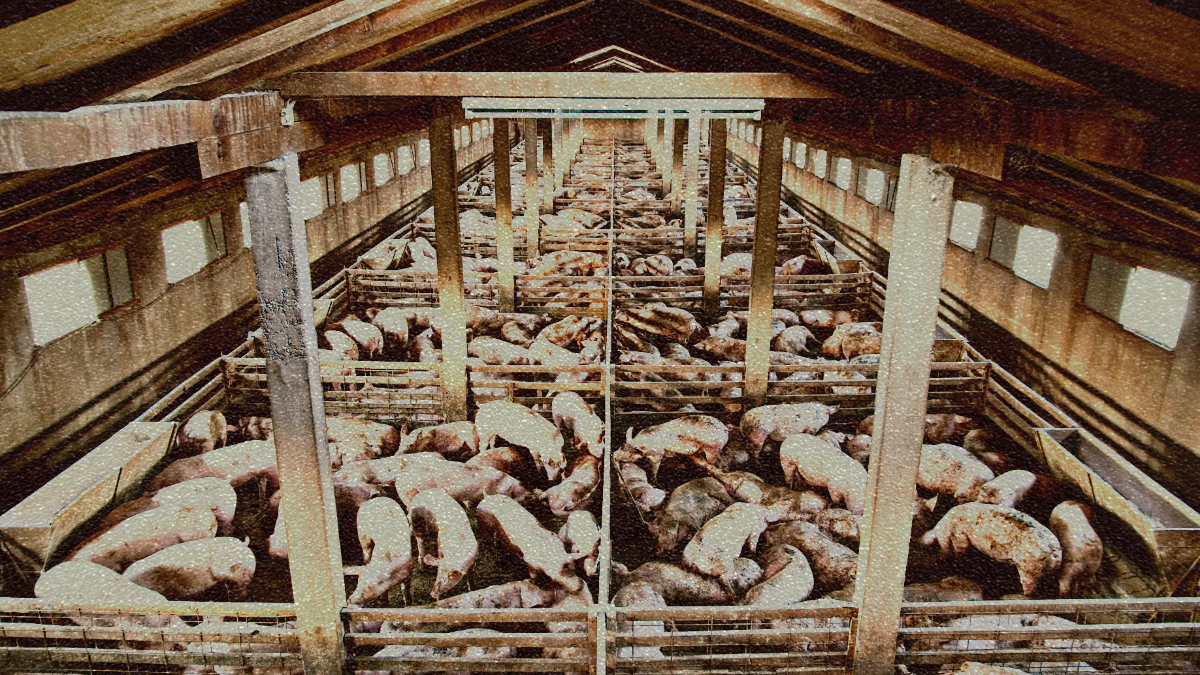Source: News & Observer
The N.C. Department of Environmental Quality is reviewing general permits that regulate hog farms, cattle farms, and poultry farms. The current review also includes permits for digester operations on hog, cattle, and wet poultry farms. That does not include the largely unregulated poultry farms in the state.
The DEQ found that the largest concentrations of hogs and their waste are located in communities where the population of people who are not white is about 50% compared to the state average of 37% and where the percentage of people living well below the poverty line is 45% compared to the state average of 33%.
Environmental groups argue that hog farms have a disproportionate impact on communities where Black and Hispanic people live in Eastern North Carolina, sending odors into the air but also causing groundwater contamination. They’d like to see more efforts that both measure the contamination and make information about the facilities public.
The Pork Council argues that the industry is not having an uneven impact on communities across the state, and that demographics may have shifted around the hog farms since the moratorium on new facilities in 1997.
Blakely Hildebrand, a senior attorney at the Southern Environmental Law Center, and other environmental advocates say that the information from DEQ’s environmental justice report means the department now has a responsibility to protect those communities where it has identified a potential uneven burden of the farms’ impacts. That includes steps that help with accountability like requiring farmers to submit their records to the DEQ electronically rather than maintaining physical copies. It would also include groundwater monitoring in the 500-year floodplain in an effort to identify places where lagoons are seeping or waste is being overapplied to fields.
“We are pleased to see an environmental justice report that, at least on a first read, seems to dig into the demographics and really understand what’s going on in these communities, but that’s only half the task,” Hildebrand told the News & Observer.
Read more at The News & Observer





